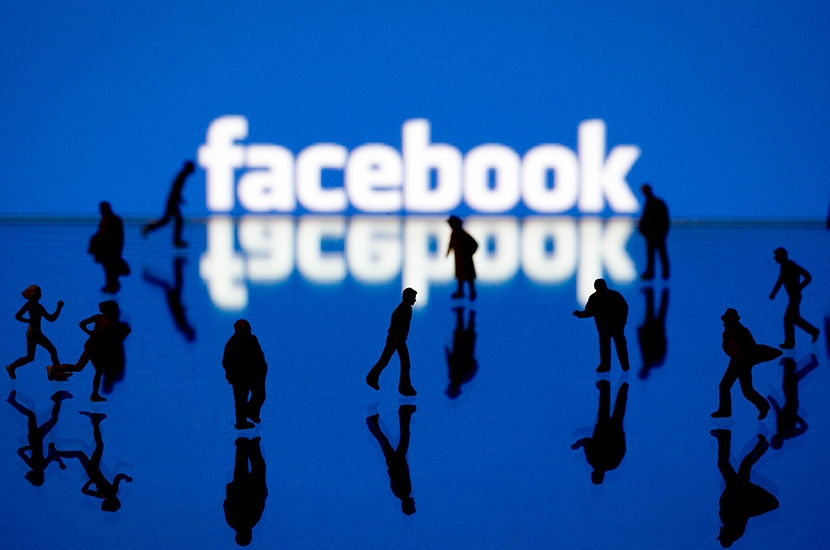The recently departed head of MI6, Sir Alex Younger, wants to balance China’s ideological antagonism to the West with the need for coexistence. Commenting on the government’s new ‘integrated review’, he says we must fight back with technological innovation and stronger alliances but avoid a second Cold War. He advocates ‘One Planet: Two Systems’ — a globalised echo of the Anglo-Chinese Hong Kong Agreement by which Hong Kong was handed back to China in 1997 under the principle of ‘One Country: Two Systems’. Sir Alex’s is an interesting analogy, but the important thing to note about ‘One Country: Two Systems’ is that China adhered to it only for 20 years and is now trashing it. Could the same problem take over the world?
Meanwhile, a small example of Chinese soft power. A scientific professor at Oxford writes to tell me about Chinese pay to British academics. Sometimes dons harmlessly earn small sums (£150, say) to lecture to Chinese students for summer cultural enrichment programmes. But academics who manage undergraduate admissions should not do paid work of the ‘how-to-make-your-Oxbridge-application-stand-out’ style. Suddenly, he and others have been approached by an obscure Chinese body called the GEC Academy. It is offering him $10,000 for 12-15 hours of Zoom. ‘I may wish that professors were regarded as equivalent to corporate law QCs, but I know they are not,’ he says, so he is suspicious. The intended audience are secondary school students: ‘It is no secret that the number of overseas (many from China) undergraduate applicants to Oxford is going up.’
Yes, it is disgraceful that Facebook profits from other people’s news without paying, but might it not be even worse when it does pay? Facebook has now done a payment deal with the Murdoch empire in Australia, where the tireless nonagenarian controls 70 per cent of newspaper circulation. A single entity that pays a vast sum can start to control the seller. How long before Facebook tells news organisations what they are allowed to report?
My friend the Covid frontline doctor reports evidence of a return to normality. Once they understood the real Covid risk last year, the ‘hypochondriacs, the psychosomatics, the pseudo-fitters, the attention seekers and the lonely, the malingerers and the Munchausens’ disappeared. Those who did not at last faced ruthless triage from doctors: ‘You’re objectively well; there’s no bed for you. You really are safer at home. Your Covid swab and chest X-ray are clear. Goodbye.’ Such patients are known as ‘heart-sinks’ because of the doctors’ reaction when they see them coming. Now they are back: ‘One decided to have a pseudo seizure. While I was examining him, he held his breath for so long that I was forced to declare a respiratory arrest, which summoned the crash team — anaesthetists, cardiologists, crash nurses, emergency porters, on-call juniors — all of whom had to leave seriously unwell patients. He took up 20 minutes before we confirmed definitively that he had been faking it. It’s like the boy who cries wolf, except that the townspeople have to leave real wolves unchecked to help the boy.’
As a churchwarden, my wife recently received 17 pages of diocesan guidance about changes to marriage law. As follows: ‘Church Marriage Registers must not be used for marriages being solemnised from this date, and clergy must not issue marriage certificates,’ but ‘Clergy will also be required to maintain a “Marriage Service Register” to record details of the marriages solemnised in each church registered for marriages.’ What might this mean? ‘As yet, the government has not provided any details as to the form or content of either document.’
Spring — and its astonishing increase in the volume of nature. Like most people, I love it. But it is odd that human beings associate spring’s sights and sounds with peace. In fact, they are territorial, competitive and sexual. My wife calls it the Pemberley Effect. Among birds, the best singer wins, and the variation in notes, some believe, is a male deception to fool others that the area is already overcrowded with rivals. There is violence — male against male, male against female, and possibly even female against male. I see cock pheasants duelling with one another, and at night our lawn reverberates with the greedy, unashamed cry of the dog-fox seeking non-consensual sex. Last week, a female sparrowhawk swooped upon a pigeon on our lawn and began eating him alive. When he at last expired, she carried him off, flying just above the ground like a helicopter with engine trouble. The pigeon lacked the alertness of his species, probably because his fancy had lightly turned to thoughts of love.
In normal years, the hunting season would now be ending. This time, Covid rules have locked it down since December. Anyway, hunting proper is prevented by law. I am consoled by reading a beautifully produced, limited-edition book by Adrian Dangar, The Work of the Sinnington Hounds. It simply records 287 days’ sport from 1994-98, when the author hunted this Yorkshire pack. No purple prose — just a log of meets, coverts drawn, foxes hunted, foxes killed, scent, distance of points, hares rioted after, farmers irritated. I have learnt a few words — ‘demmings’ (embanked meadows), ‘feetings’ (footprints in the snow) and a fox which ‘clapped’ (lay flat on the ground like a hare) — and read about a country I have never visited. The mere names of the coverts tingle the spine: Studford Gorse, Wass Moor, Windypits Four, Bungdale Head, Seamer Howl, and Crown and Anker (the spelling is correct: Anker was a huntsman). This book is an epitaph for a way of life, the more eloquent for being unsubjective. Just occasionally, there is a flash of feeling: ‘I have seldom seen a better performance from a pack of hounds, nor a braver fox to head out across the moor into a howling blizzard.’







Comments